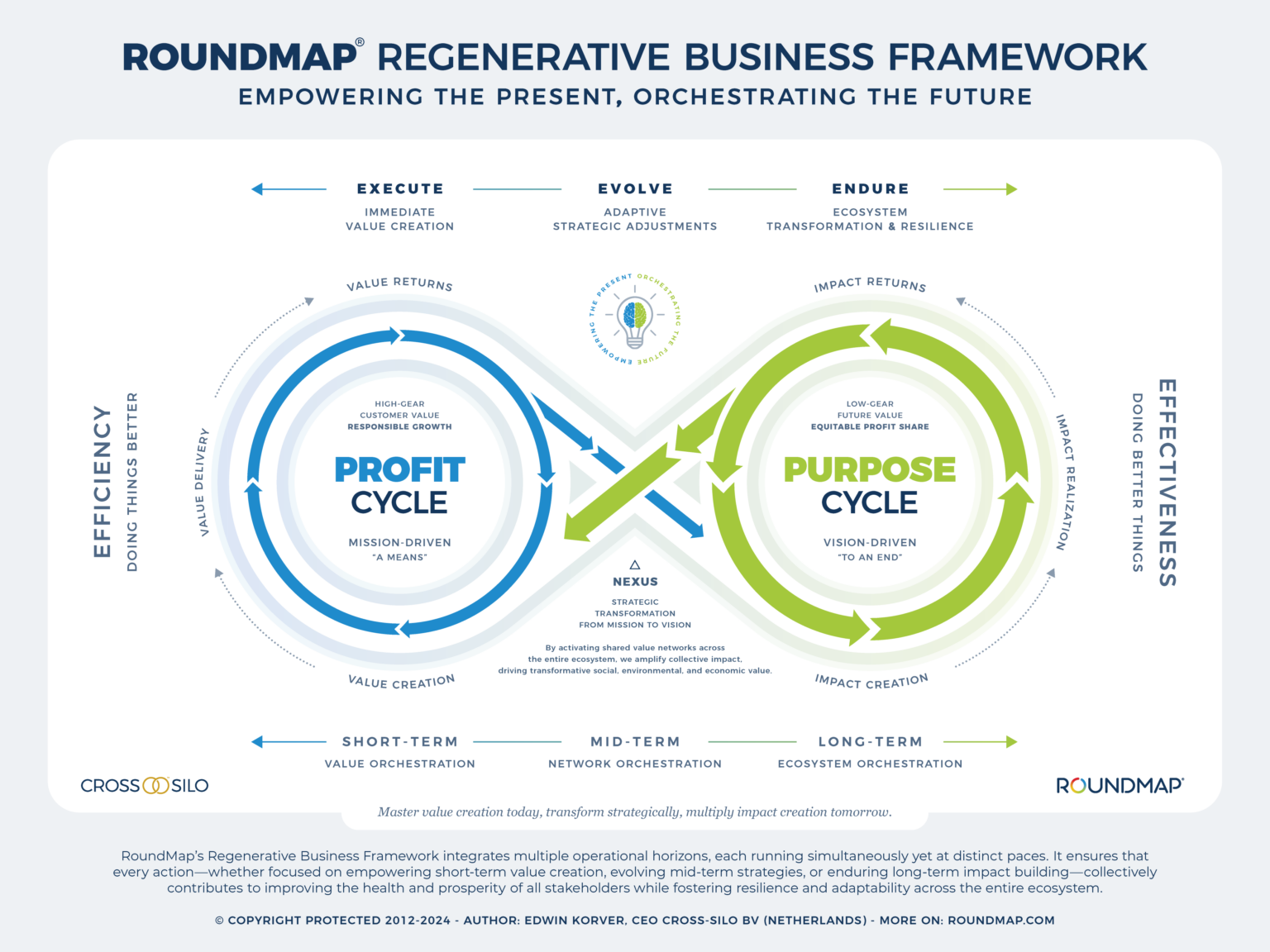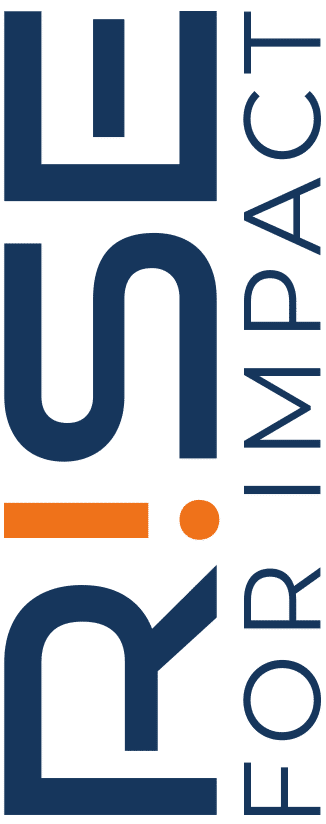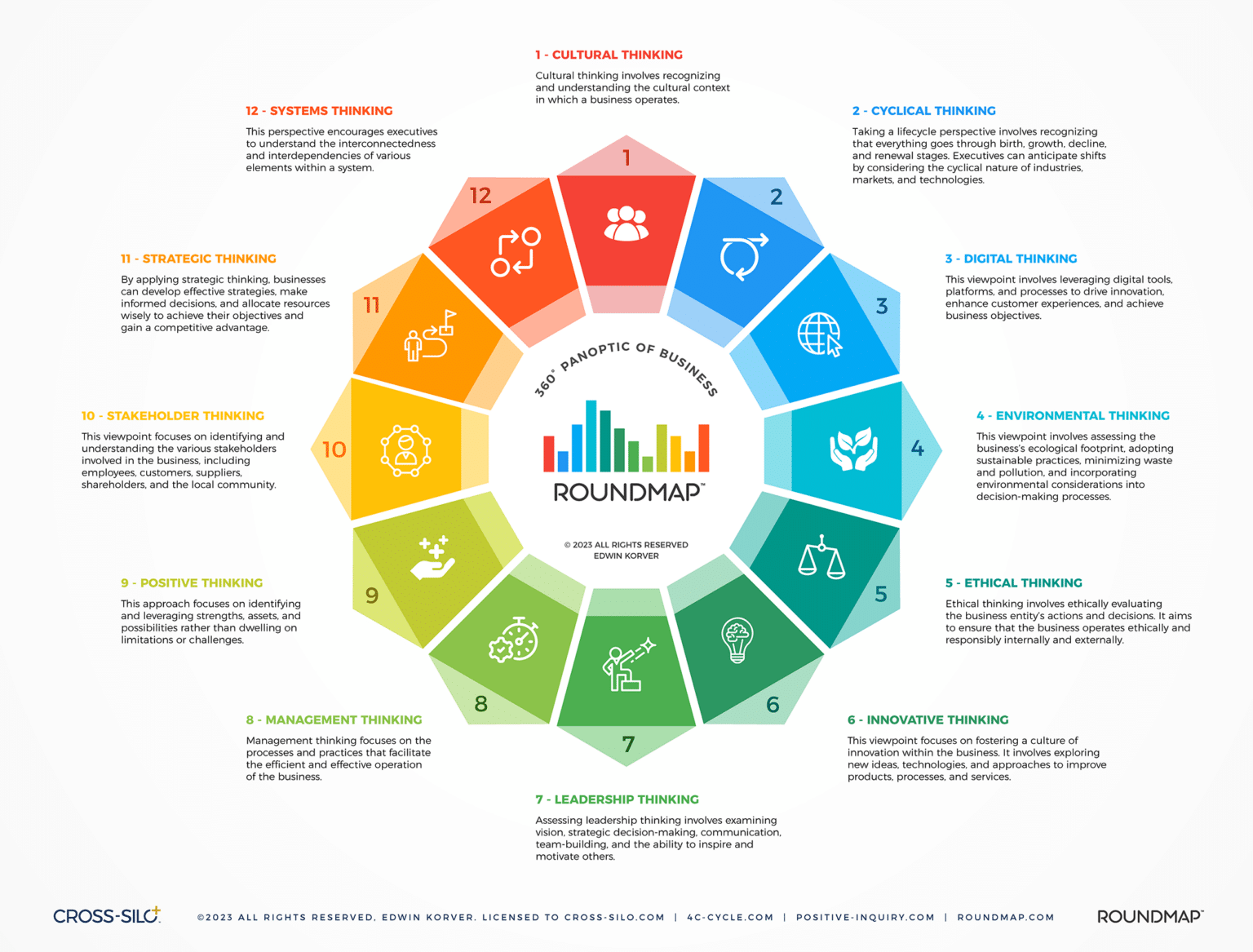The RoundMap Regenerative Business Framework: Empowering the Present, Orchestrating the Future
In an era defined by rapid transformation, businesses face an unprecedented challenge: to rise above outdated paradigms and navigate the complexities of an interconnected world. The future demands more than survival—it calls for thriving systems that balance agility with resilience, immediate results with enduring impact.
Edwin Korver believes the time has come to rewrite the rules of business. For too long, prosperity has been misdefined as the accumulation of more—more wealth, more stuff, more envy—leaving behind those unwilling or unable to conform to the principles of hyper-specialization. This narrow vision has led to fractured systems, unsustainable practices, and a growing divide between opportunity and equity.
The path forward begins with rethinking how value is created, shared, and sustained. RoundMap® offers a blueprint for transformation, challenging businesses to dismantle silos, bridge divisions, and design systems rooted in shared value. It is not just a framework but a call to action—a guide to building organizations that embrace complexity, align stakeholder interests, and deliver meaningful impact.
The question is no longer whether businesses can adapt to change, but whether they can lead the way to a more equitable, sustainable future. RoundMap® provides the tools, insights, and philosophy to make that vision a reality.
The journey begins here.
The Regenerative Path: Uniting Profit and Purpose in Business
The Regenerative Business Framework offers a comprehensive lens through which to view this new path forward. It goes beyond traditional models, addressing the systemic imbalances that have hindered shared prosperity. At its heart lies the belief that businesses must operate not as isolated entities but as interconnected contributors to a thriving ecosystem.
This framework introduces a balanced, cyclical approach that integrates value creation with impact amplification. It guides businesses to design operations that not only generate profit but also nurture the well-being of people, communities, and the planet. By shifting from extraction to regeneration, from exclusion to inclusion, the Regenerative Business Framework empowers organizations to align short-term goals with long-term responsibility.
Far from being a set of rigid rules, it is a philosophy for embedding purpose into every aspect of business. Through this approach, companies can break free from the constraints of hyper-specialization and competition-driven isolation, forging a new era of collaboration and meaningful growth.
This is the roadmap for businesses ready to move beyond “more for the few” to “better for all.” A framework for building resilient organizations, thriving ecosystems, and a sustainable future.
Join the RISE for Impact Movement
The RoundMap® Impact-First Principle is more than just another business strategy—it is a moral and strategic imperative for a new era of business. It challenges outdated paradigms, urging companies to rise above the narrow pursuit of profit for profit’s sake, which has long benefited only a privileged few. Instead, it calls on organizations to embrace a higher purpose—one that aligns profitability with responsibility, fostering shared value and meaningful impact for all stakeholders.
With the RISE for Impact blueprint, we’re empowering organizations to embed meaningful impact at the core of their operations, creating a sustainable and profitable business that is a force for positive change in the world. This is your moment to lead with purpose and transform the future of business.
RoundMap® is Applied Wisdom Across Worlds©
Quick Introduction to RoundMap®
The RoundMap® Framework is a transformative approach to navigating the complexities of modern business. It introduces the Dual-Cycle Model, which twins two distinct yet interconnected cycles—one focused on short-term agility and immediate value creation, and the other on long-term resilience and sustainable impact. This dual-paced methodology enables organizations to excel in both the fast-paced demands of today and the deliberate, purpose-driven goals of tomorrow.
At its core, RoundMap® bridges the gaps that hinder organizations from realizing their full potential. It addresses the multi-dimensional aspects of business strategy, organizational development, and sustainable growth, providing clarity and actionable insights to achieve systemic change.
The Impact Model is a cornerstone of this framework, emphasizing the importance of designing for measurable, long-term outcomes. It motivates businesses to move beyond buzzwords, driving deliberate actions that create lasting positive change and setting them apart in a crowded marketplace.
Recognizing the often-overlooked phases of the Customer Lifecycle, RoundMap® introduces the concept of significance, urging businesses to anticipate and fulfill future customer needs. This approach strengthens relationships, builds loyalty, and nurtures long-term success.
The Business Model Matrix and Business Navigator offer a comprehensive view of existing and emerging models, empowering organizations to explore non-linear growth paths. RoundMap® also champions Consentricity, a revolutionary approach to distributed leadership that replaces traditional hierarchies with adaptable, equitable, and resilient organizational cultures.
In an era of constant change, RoundMap® leverages Positive Inquiry to help businesses identify untapped markets and design innovative value propositions. This forward-thinking strategy shifts the focus from competition to market creation, embracing the principles of ‘blue ocean’ strategies.
Storycasting transforms products and concepts into compelling narratives, mapping them onto the Customer Lifecycle to inspire action, secure alignment, and unlock new opportunities. Stories bridge the gap between vision and execution, driving organizational alignment and market impact.
Through its Thinking Caps methodology and Panoptic perspective, RoundMap® provides a holistic and adaptive framework for navigating today’s business challenges. By twinning short-term operational excellence with long-term strategic foresight, RoundMap® empowers organizations to achieve sustainable growth, shared leadership, and enduring impact.
- All-Round and Widely Applicable: RoundMap® encapsulates a 360-degree perspective, incorporating every facet of organizations into its comprehensive structure. Strategic decisions are derived from a complete understanding of the customer lifecycle, spanning from initial engagement to enduring satisfaction. Its one-size-fits-all approach remains uncompromising, catering to myriad businesses irrespective of their scale or industry.
- Impact-Conscious: RoundMap® places a significant emphasis on generating tangible impact. It encourages organizations to strategize, execute, and measure their business activities based on the real changes they hope to instigate. This impact orientation aids in creating meaningful differences in industries and society, aligning with modern consumers’ expectations.
- Value-First: Being deeply value-driven, RoundMap® stresses creating and delivering value as the main driving force. It evaluates business models and maps the entire value chain, aligning every organizational aspect towards catering to customer needs and objectives. The value-first approach further bolsters customer loyalty while attracting prospective clients.
- Human-Centric: By recognizing business success’s heart lies in establishing meaningful relationships, RoundMap® is deeply human-centric. It appreciates the roles of all stakeholders, from customers and employees to partners and investors, understanding that each contributes uniquely to the business’s growth and success.
- Story-Driven: RoundMap® understands that impactful narratives resonate more effectively than product-centric pitches, and hence champions storycasting. By connecting with audiences on an emotional level, it cultivates long-lasting relationships that extend far beyond business transactions.
- Consentric: RoundMap® employs Consentricity to underscore its ability to align all business elements in harmonious synchronization. Each concentric layer — from leadership roles to operational functions — reinforces others, fostering a cohesive and efficient organizational ecosystem.
- Distributive Leadership: RoundMap® adopts a forward-thinking stance towards leadership, endorsing a distributive model that juxtaposes traditional hierarchical structures. This paves the way for the distribution of decision-making responsibilities, fostering empowered and agile teams.
- Augmentative: RoundMap® harnesses advanced technology, such as AI and data analytics, to enhance the decision-making process and governance. This tech-friendly approach allows organizations to adapt to dynamic markets continually, standing resilient amidst profound market changes, while never swaying from its foundational principles.
The RoundMap® framework, a comprehensive and unified approach encompassing every facet of business, from strategic planning to client interaction, is an invaluable tool for organizations. RoundMap® guides strategic decision-making by integrating customer insights, market analysis, and goal establishment. This fosters a holistic understanding of business operations, cultivating cross-functional collaboration, distributive leadership, and consent-based decision-making.
RoundMap’s Storycasting method ensures consistent and impactful messaging to stakeholders, while its delineation of leadership roles and responsibilities fuels leadership development and alignment with organizational goals.
Operational functions like marketing, sales, and customer service are streamlined within the framework, enhancing operational efficiency.
RoundMap® encompasses change management and innovation strategies, assisting organizations in navigating transitions and uncovering growth opportunities. By furnishing measurement metrics and key performance indicators aligned with business goals, RoundMap® empowers organizations to monitor progress and enact data-driven decisions. Its adaptive structure maintains relevance in dynamic markets, while its role in fostering organizational alignment cultivates collaboration and a shared sense of purpose across all organizational tiers.
Ultimately, RoundMap® functions as a comprehensive roadmap, expertly guiding organizations through strategic, operational, and communicative pursuits with unwavering clarity and effectiveness.
Imagine navigating the intricate tapestry of modern business without a compass, a map, or even a guiding star. That’s how most organizations operate today: in fragmented silos, stumbling in the dark, detached from the holistic ecosystem they’re part of. We’ve crafted a suite of instruments to illuminate your path and orchestrate your journey toward an equitable, thriving future.
The Business Navigator is your strategic playbook, harmonizing all aspects of your organization into a cohesive, value-driven narrative. Think of it as your master score, where each department’s contributions are carefully arranged to create a Symphony of Strengths that resounds throughout the marketplace and society.
Our Customer Dynamics Lifecycle is the lifeblood pulsating through this symphony. It doesn’t just map out customer interactions; it delves into the emotional and transactional ebbs and flows, highlighting opportunities for meaningful connections. Every touchpoint becomes a note in a larger melody, elevating your brand and value proposition.
When challenges arise or transformations are needed, the Positive Inquiry Cycle serves as your philosophical cornerstone. This isn’t problem-solving; it’s possibility-enhancing. Inspired by the pioneering work in appreciative inquiry, this cycle invites your entire team to participate in creating affirmative visions of the future, grounded in your collective strengths and aspirations.
The Business Model Matrix acts as your navigational grid. Instead of boxing you into a single business model, it presents an expansive landscape of possibilities. This matrix encourages you to explore diverse revenue streams, stakeholder engagements, and value creation pathways, ensuring that your strategy is resilient, flexible, and aligned with your higher mission.
Finally, the Impact Model emphasizes the significance of planning for real, meaningful transformation and progress toward sustainability objectives. This model encourages organizations to strategize their business activities around the tangible impact they aim to instigate. It is also a key aspect of the Consentric Distributed Leadership Model, a leadership approach that aligns all elements of a business in harmonious synchronization.
These instruments are not isolated tools but interconnected elements of the RoundMap™ framework. They come together to form a comprehensive guide for any organization aiming to navigate the complexities of the 21st-century business landscape. A new paradigm awaits—let these instruments be your guide.
Embarking on the RoundMap® journey is akin to setting sail into uncharted waters. It promises discoveries that can redefine your organization, but such a voyage requires more than just intent; it demands precise navigation. Here’s where the rubber meets the road: the implementation of RoundMap® is not a mere ‘project’ but a paradigm shift, a re-orchestration of your entire organization.
Phase One: Readiness Assessment
Before we hoist the sails, we assess the wind and currents—a thorough organizational readiness check. Leveraging a combination of stakeholder interviews, analytics, and readiness metrics, we ascertain how prepared your organization is to break down silos and embrace new ways of thinking.
Phase Two: Harmonizing Instruments
Now, we introduce you to the core elements of RoundMap®—the Business Navigator, Customer Dynamics Lifecycle, Positive Inquiry Cycle, and Business Model Matrix. Teams are trained, and pilot projects are launched to facilitate a smooth integration of these instruments into your organizational DNA.
Phase Three: The Ensemble
The Symphony of Strengths cannot exist without a harmonious ensemble. Here, we align your departments and teams to act in concert, focused on value creation, equity, and a higher purpose. We deploy tools like Value Circles to connect disparate functions and foster an all-around, human-centric approach.
Phase Four: Mastering the Score
With your ensemble in place and your instruments attuned, you’ll be ready to tackle complex compositions—enterprises, markets, and social ecosystems. We revisit your Business Navigator, refining it to mirror the evolving dynamics within your organization and the world.
Phase Five: A Living Symphony
RoundMap® isn’t a one-off performance but a living, evolving symphony. Regular check-ins, adjustments and even course corrections keep the music flowing, ensuring your organization remains resilient, innovative, and equitable in an ever-changing landscape.
As you navigate through these phases, you’re not alone. Our coaches and consultants act as your seasoned navigators, lending expertise, offering critical feedback, and celebrating your milestones.
In implementing RoundMap®, you’re not just adopting a new strategy; you’re heralding a new era of business—an era of equitability, interconnectedness, and boundless potential. The voyage may be complex, but the rewards are immeasurable.
The All-Seeing Eye: Navigating the Panoptic of Business
One of the instruments we created is the RoundMap® Panoptic. By putting on multiple Thinking Caps, you can obtain a panoptic view of your team, division, or business situation (panoptic is derived from the Greek panoptēs, meaning “all-seeing”).
Join the Shared Value Network on LinkedIn
The Shared Value Network is a LinkedIn group that acts as a dynamic ecosystem designed to inspire and empower businesses to collaborate on creating sustainable and equitable growth. Moving beyond compliance and problem-solving, we focus on what’s possible—aligning strengths strategically to drive positive impact across supply chains, industries, and communities.
Our mission is to boost an organization’s shared value net worth, which is collective worth generated through strategic collaboration and interconnected actions, where the whole is greater than the sum of its parts. Join us in redefining business as a force for good, fostering a purpose-driven, interconnected, and resilient future for all.
Podcast: Orchestrating a Future of Shared Value
In the RoundMap® Podcast Series, Season 1 – Orchestrating a Future of Shared Value, we explore the future of business through whole-system thinking and collaborative leadership. Shared value is the idea that companies can create economic success while benefiting society and the environment. Join us as we challenge conventional strategies and unlock new pathways to sustainable, purpose-driven success. Whether a leader, innovator, or change-maker, this is your practical blueprint for thriving in complexity.
Leading Across Divides, Cultivating Shared Value
We are CROSS-SILO. Our purpose is to connect human systems to create meaningful impact collectively. We’re incredibly thankful to have had the opportunity to apply our all-inclusive approach at Fortune 500 companies, such as Omnicom Group and Canon USA ─ commissioned by KERN Agency and in collaboration with Prof. David Cooperrider and Prof. Ron Fry of Case Western Reserve University, the cradle of positive change.
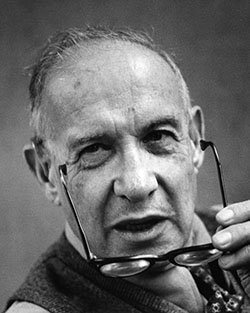
Peter Drucker: “The organization’s unique purpose is to make strength productive. It cannot, of course, overcome the weaknesses with which each of us is abundantly endowed. But it can make them irrelevant.”
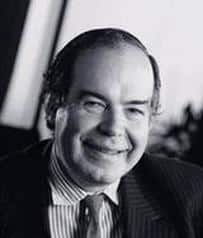
Edward de Bono: “Companies that solely focus on competition will ultimately die. Those that focus on value creation will thrive.”
Recent Articles

Governing Value: From Extraction to Accountability in Living Systems
Why Capitalism Struggles with the Laws of Nature Economic theories such as Donut Economics, Earth

Value Centricity: Why Shareholder Primacy Becomes Structurally Insufficient
In a previous article, we introduced Value Centricity as a Viability Model—not as another business
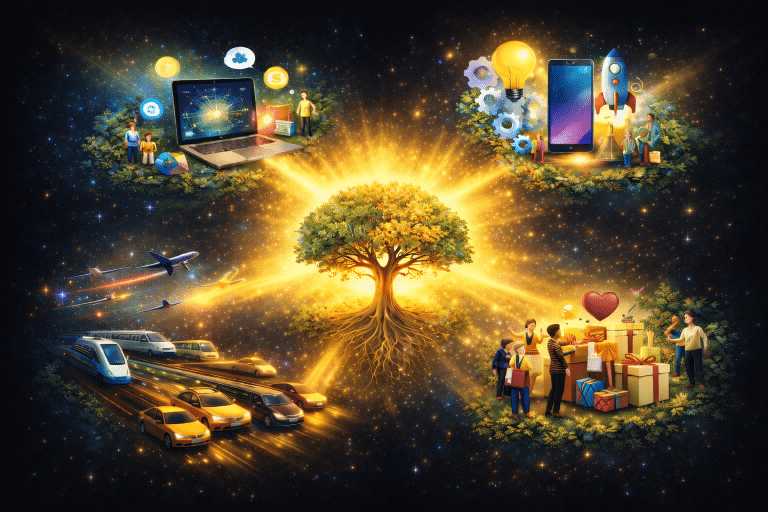
Value Centricity: A Viability Model for Business and Society
Let’s return to one of RoundMap’s foundations: the Business Model Matrix. Within it, I originally

The BP Gulf of Mexico Disaster: A Systemic Failure of Value Logic
In April 2010 the Deepwater Horizon drilling rig, operated for BP by Transocean, exploded off
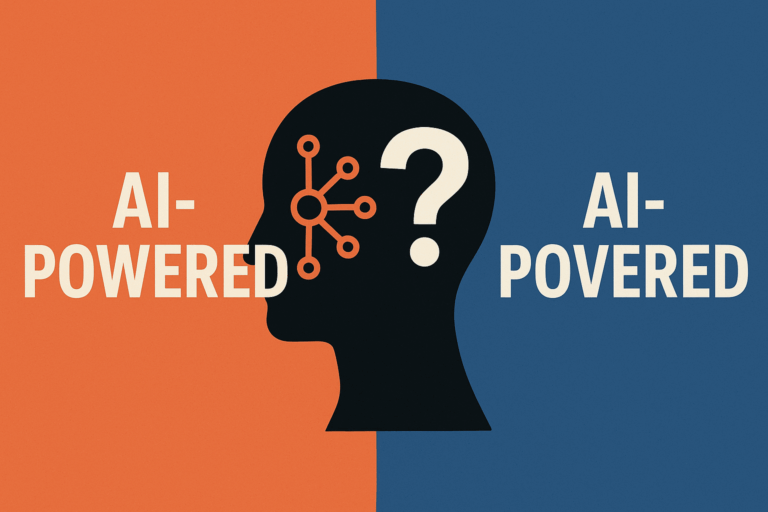
Are we becoming AI-Powered or AI-Povered?
Artificial Intelligence (AI) has firmly entered the stage of technological disruption. It is no longer

The Power of Three: Structuring Shared Value Regeneration
Beyond Value Creation In today’s dominant business paradigm, customer value creation is often held up

Mapping the Future: We’re Writing the Book on RoundMap®
At RoundMap®, we believe the future of business lies in wholeness, not fragmentation. For too

Walmart’s Shared Value Networks: How Walmart is working toward greater equity
This article was derived from a post on Walmart World, that was taken offline for

